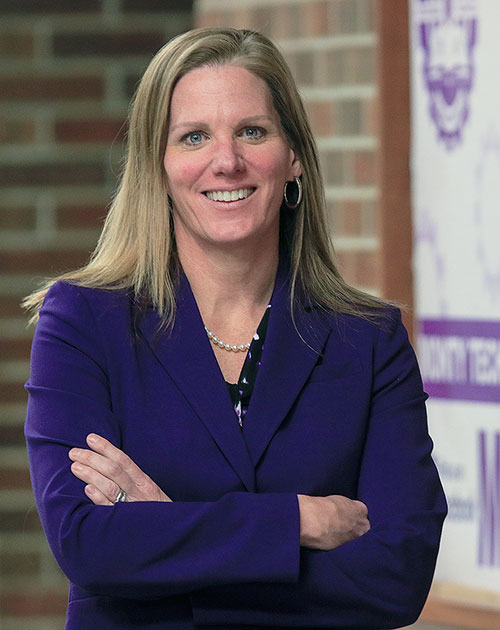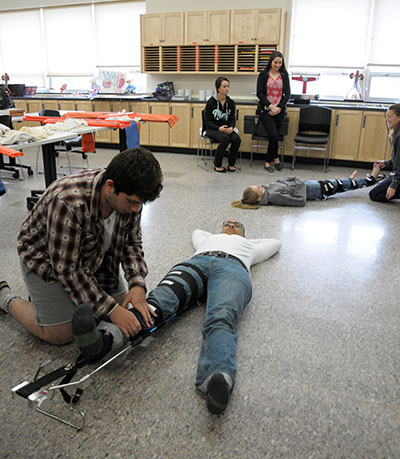
Transforming education and the way we think about a meaningful high school experience has never been more important to Massachusetts educators. Engaging students, making those important connections between academic instruction and practical applications, and building relationships with community and business leaders are the top three priorities in my work everyday.
With more than 59,000 students (45% female, 55% male) currently enrolled in Career/Vocational Technical Education (CVTE) programs in Massachusetts schools, it is imperative that we work together to change the age-old perception of vocational-technical education. Long gone are the days when all voc-tech students could aspire to the middle class on blue-collar wages; today, such opportunities are much more limited. With 70 percent of Massachusetts jobs requiring some post-secondary education, our students must be prepared for college success. Recent CVTE Follow-Up Survey Results indicate Massachusetts vocational-technical students are enrolling in advanced educational programs after high school at a rate comparable to their peers graduating from traditional, comprehensive high schools. In fact, an average of 55 percent of survey respondents reported being enrolled in a college or university one year after high school graduation.

So many of today’s vocational-technical programs demand at least a bachelor’s degree in order to be competitive. If our goal is to effectively prepare students to enter competitive fields such as STEM, healthcare, and engineering, we must also prepare them for college success. This preparation must include embedding rigorous coursework into vocational-technical programs at every turn. For years, students in the very popular Health Occupations programs at Montachusett Regional Vocational Technical School (Monty Tech) have been provided with the opportunity to earn a number of industry-recognized credentials, including: CPR, First Aid, and EKG Technician credentials, as well as Medical Assistant certification and Nurse Assistant certification. Now, however, these students are also earning eight college credits and an Emergency Medical Technical (EMT) certification, because of a newly established high school-to-college partnership. This opportunity would not be possible without the support of our community college partner, Mount Wachusett Community College. Similarly, our Engineering students are finding great success in the school’s Project Lead The Way (PLTW) coursework. Eighty-two percent of the students who sat for final PLTW exams last year earned proficient or advanced scores, qualifying them for college credits at 63 colleges and universities across the country.
"Expanding access to early college programs, promoting dual enrollment opportunities, and developing robust articulation agreements will not only save our college-bound students time and money, these programs will reduce redundancy and keep students engaged."
To close the skills gap, and effectively prepare every student for necessary post-secondary coursework, our college partners have a very important role. Expanding access to early college programs, promoting dual enrollment opportunities, and developing robust articulation agreements will not only save our college-bound students time and money, but these programs will reduce redundancy and keep students engaged. We must strive to reduce barriers to college. Providing opportunities to sit for college placement exams early and often will increase the students’ chances of by-passing those developmental level courses that are often the deciding factor between staying in college or dropping out.
Embedding developmental level coursework into the high school curriculum will ensure our students are graduating ready to enroll in college-level coursework. Further, piloting programs that allow students to enroll without sitting for college placement exams may result in increased student retention and higher achievement levels—a concept unimaginable under the constraints of the existing Accuplacer configuration. Preparing students for college is one thing; retaining them is yet another. It is our job to expand partnerships like the one we have with Mount Wachusett and, together, ensure our students complete the degree and certificate programs that are necessary for entry-level careers in high-skill, high-wage fields.